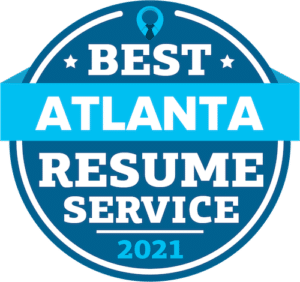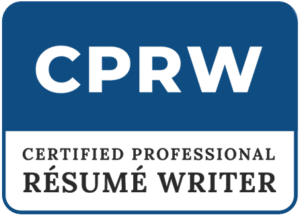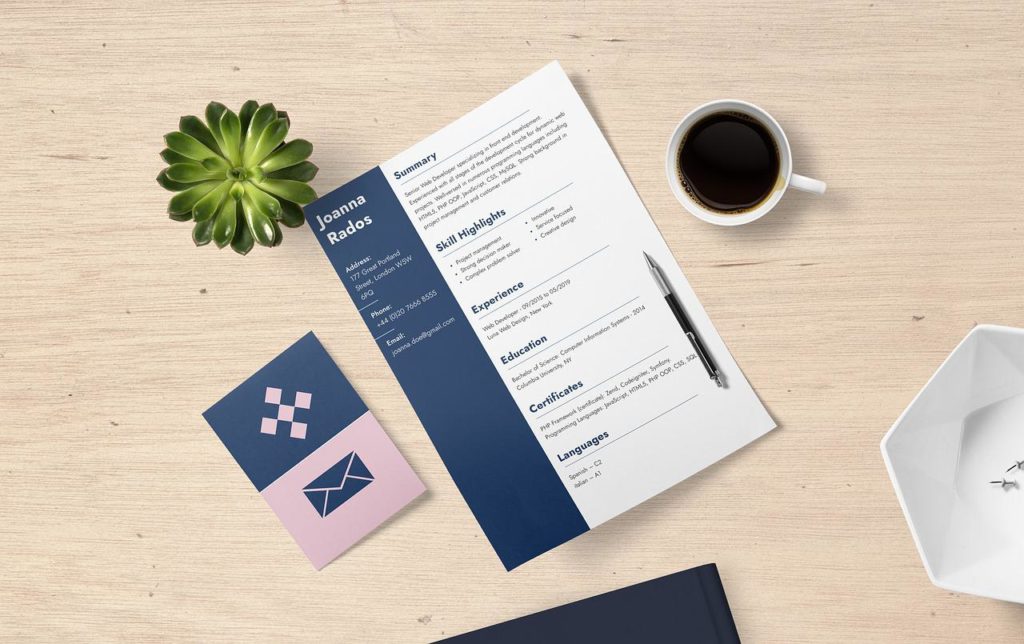It’s no secret that the job market is highly competitive. You need to stand out from the crowd and make a great first impression to land the job you want.
One of the best ways to do this is with a well-written cover letter. A cover letter is an integral part of your job application because it gives employers a chance to learn more about you and your skills. It also allows you to explain why you’re interested in the job and how your qualifications make you a good fit.
We have compiled a list of 15 top tips on how to write a strong resume covering letter.
1. Research:
Start by doing your research. Learn as much as you can about the company, its culture, and what they’re looking for. This will help you customize your cover letter for them. This is important because you want to show that you’re the perfect fit for their needs.
2. Include Value:
Your cover letter should include value, not just information about your experience and qualifications. Think about what skills or traits you can offer the company, and write from that perspective. This will make it clear that your goal is to be an asset to their team, not just someone looking for a paycheck.
3. Keep it Short and Sweet:
No one wants to read a novel, so keep your cover letter concise and to the point. Try to limit it to one page, and make sure every sentence serves a purpose. This isn’t the time to ramble or include filler information. There’s not much room to sell yourself, so be brief and focused. Make sure you only have the most relevant information about your experience and qualifications, without any fluff.
4. Use Keywords:
Use keywords from the job listing in your cover letter. This shows that you’re paying attention to detail and that you’re familiar with the position’s requirements. It will also help your letter get through any automated screening processes companies use.
5. Get to the Point:
The first paragraph of your cover letter is critical because it’s where you’ll make your first impression. Get to the point quickly and state why you’re writing. Include your interest in the position and how you found out about it. This is also an excellent time to mention any personal connections to the company.
6. Hire a professional cover writer:
Consider hiring a professional resume writer if you’re struggling to put together a professional cover letter that highlights your qualifications and experience. They can help ensure that your letter is well-written and error-free, giving you the best chance of landing an interview for the position.
6. Highlight Your Qualifications:
The second paragraph is where you’ll highlight your qualifications and experience. Use bullet points to list the top skills or experiences that make you a good fit for the role. If possible, try to match them with the requirements listed in the job description.
7. Personalize:
Make sure your cover letter is personalized for each company and position you apply to. Mention the company name, and make a point to showcase how your skills and experience are a good fit for the job.
8. Proofread:
Before you send off your cover letter, take some time to proofread it carefully. Typos and grammatical errors will reflect poorly on you as a candidate, so give it a final read-through before sending.
9. Follow Up:
If you haven’t heard back from the company within a week or two, consider following up with them. This is a good way to show that you’re committed and interested in the position, and it can also help move your application to the top of their list.
10. Add a Call to Action:
Finish your cover letter by telling the company what you hope to hear from them, and include any details about how you can be reached. For example, you can ask if they need any more information from you or if they would like to set up an interview. This will help you close the deal and start the next steps of the hiring process.
11. Check Out Examples:
Looking at some examples can be a great way to get ideas for your cover letter, but don’t just copy what you see. Instead, use them as inspiration and work to adapt their style to fit your own experience and qualifications.
12. Use a Professional Tone:
Remember that this is a professional document, so you’ll need to use a formal tone throughout your cover letter. This doesn’t mean that you can’t show some personality, but avoid using slang or overly casual language.
13. Keep it Positive:
Your cover letter should focus on the positive reasons you’re qualified for the position. Don’t dwell on your weaknesses or try to explain away any past mistakes that you may have made. Be confident in your abilities and let your skills sell you as a strong candidate for the job.
14. Highlight Your Qualifications:
The second paragraph is where you’ll highlight your qualifications and experience. Use bullet points to list the top skills or experiences that make you a good fit for the role. If possible, try to match them with the requirements listed in the job description.
15. Avoid Clichés:
Clichés are overused phrases that can make your writing sound trite and unoriginal. Avoid using them in your cover letter, and instead, focus on using specific and concrete examples to sell yourself as a candidate. This will help you stand out from the rest of the applicants.
Conclusion:
The cover letter is an essential part of the job application process, and there are a few things you can do to make sure yours is as effective as possible:
- Include your interest in the position and how you found out about it.
- Highlight your qualifications and experience. Use bullet points to list the top skills or experiences that make you a good fit for the role.
- Personalize your letter for each company and position you apply to, proofread it carefully, and follow up if you haven’t heard back in a week or two.
- Check out examples of cover letters online to get ideas for your letter, but don’t simply copy them verbatim.
When writing a cover letter, it’s important to be clear, concise, and organized. Stick to the tips above to create a cover letter that will help you stand out from the competition and get your foot in the door at any company. Best of luck!




